The 15 Minute Forum returned tonight and was led by Science teacher Phoebe Bence. Last year Phoebe was in her second year as a teacher and completed a Research Innovation Project. This was completed in conjunction with Brian Marsh at the University of Brighton and was one of a series of evidence-based research projects run at Durrington High School.
The basis of Phoebe’s research was concentrated on the premise that ‘students don’t remember anything that we (as teachers) have taught them’.
 In addition, as Science (and other GCSEs) move towards a purely linear, terminal exam the amount of content has increased. As Phoebe stated, the 2015 Science GCSE exams included 47-53% of questions which were purely based upon knowledge recall. Even when students had to apply their knowledge, they were still required to recall sections of knowledge before then applying them to the question. As a result, the ability of her students to recall knowledge became of paramount importance for Phoebe. This is supported by Ebbinghaus’ Forgetting Curve which reflects how much knowledge is ‘lost’ by a student as time elapses. Importantly, however Ebbinghaus also identifies that reviewing ‘chunks’ of knowledge at regularly spaced intervals will result in an increased amount of that knowledge being retained by the student.
In addition, as Science (and other GCSEs) move towards a purely linear, terminal exam the amount of content has increased. As Phoebe stated, the 2015 Science GCSE exams included 47-53% of questions which were purely based upon knowledge recall. Even when students had to apply their knowledge, they were still required to recall sections of knowledge before then applying them to the question. As a result, the ability of her students to recall knowledge became of paramount importance for Phoebe. This is supported by Ebbinghaus’ Forgetting Curve which reflects how much knowledge is ‘lost’ by a student as time elapses. Importantly, however Ebbinghaus also identifies that reviewing ‘chunks’ of knowledge at regularly spaced intervals will result in an increased amount of that knowledge being retained by the student.

There is strong evidence to state that reviewing knowledge and retrieval practice are effective learning strategies. The Learning Scientists include retrieval practice as one of their ‘Six Strategies for Effective Learning’ and identify flashcards as one effective tool. However, it was also important for Phoebe to use a strategy with her students, that they were engaged by and would therefore ‘buy into’. As a result, she focussed on the use of Ankiapp, which is a desktop flashcard app. There were two reasons for this; firstly, Phoebe had used this app when trying to learn a foreign language and had first-hand experience of how useful it was; and secondly that this app uses an advanced algorithm to calculate the optimal spacing time between reviews.
Students complete the question, from the flashcard, and are then asked to rate how ‘easy’ they found that question. The ‘space recognition algorithm’ used by Ankiapp has been developed by their ex-neuroscientist and, based upon the students’ response, determines how soon the same question is repeated during the students’ review.

As students practice the questions on more occasions, the time intervals between questions increases. This allows students to practice those questions which they find ‘harder’ more often, whilst continuing to review the ‘easier’ questions intermittently to ensure that these are not forgotten. This also allows students to have a completely personalised and bespoke set of flashcards.
The next challenge for Phoebe was to show her students that this method of reviewing their knowledge was effective and useful. To do this, she set her students a ‘test’ of questions which she deemed as ‘hard’ but linked to the content that they were studying. The students sat this ‘test’ and their performance was graded. Phoebe then, showed the students how to download Ankiapp and explained to her students how to use the app. She also provided the students with a set of flashcards specifically based upon the ‘test’ that they had just set. Over the next two weeks, Phoebe set the students homework to use the app and nagged them during their lessons. At the end of the fortnight the students sat the same test. The picture below, shows a students’ initial test paper and then their second attempt having used the app everyday.

Overall Phoebe’s research found that the students did value the use of Ankiapp as an effective method of improving their knowledge recall. During her initial pilot study only 39% of her students used the flashcards. However, at the end of her study (over the academic year) on average 69% of her students used the flashcards. On average students who said that they had used the flashcards scored 9.5 marks higher on the ‘test’ paper. In addition, 82% of Phoebe’s students stated that they found Ankiapp the ‘most useful’ or ‘one of the most useful’ revision methods that they had used when preparing for their GCSE exam.
If you would like to use Ankiapp with your classes, follow Phoebe’s instructions below.
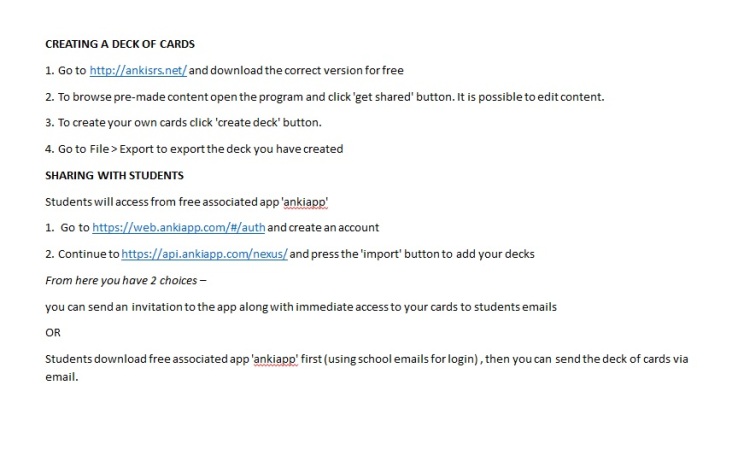

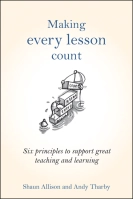

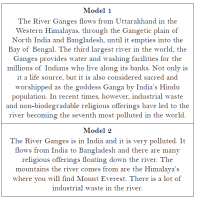

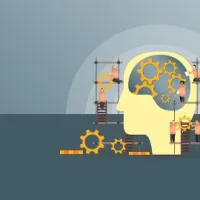
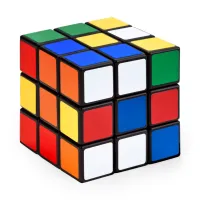


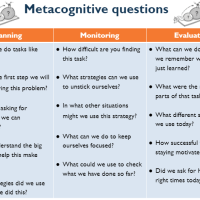

Pingback: Getting that little bit better – supporting teachers with personalised CPD | Class Teaching